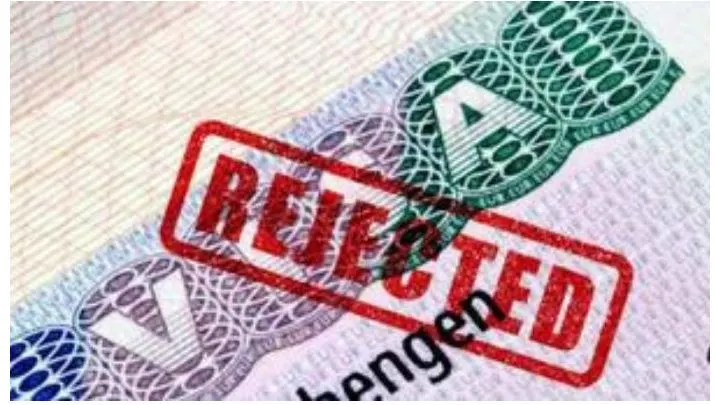Record High Schengen Visa Rejections in Four Years.
The number of Nigerians denied Schengen visas reached a four-year peak due to stricter EU policies and checks. In 2023, rejections rose by 9.97% to 42,940 from 39,189 in 2022, as reported by SchengenVisaInfo.eu.
The financial impact of these rejections amounted to €3.44 million in 2023, up from €3.14 million in 2022. Nigeria ranked fourth in the highest number of visa rejections globally.
Stricter visa policies, including thorough documentation checks and concerns about overstays, were cited as primary reasons for the increased rejection rates. African nationals collectively spent €56.3 million on visa applications, making up 43% of total expenses, with African and Asian countries facing the highest rejection rates.
Marta Foresti, founder of LAGO Collective, highlighted the economic burden of rejected visas, likening it to “reverse remittances,” where money flows from poorer to richer countries.
The Schengen visa, allowing travel within 27 European countries, saw increased application scrutiny, especially under the EU’s Article 25a visa code targeting countries with low migrant return rates. This trend is expected to continue, with visa fees for adults rising from €80 to €90 as of June 11, 2023, potentially increasing total application costs for Nigerians to €9.53 million in 2024
Share News with us via WhatsApp:08163658925 or Email: naijaeyes1@gmail.com
Join Our Social Media Channels:
WhatsApp: NaijaEyes
Facebook: NaijaEyes
Twitter: NaijaEyes
Instagram: NaijaEyes
TikTok: NaijaEyes








































